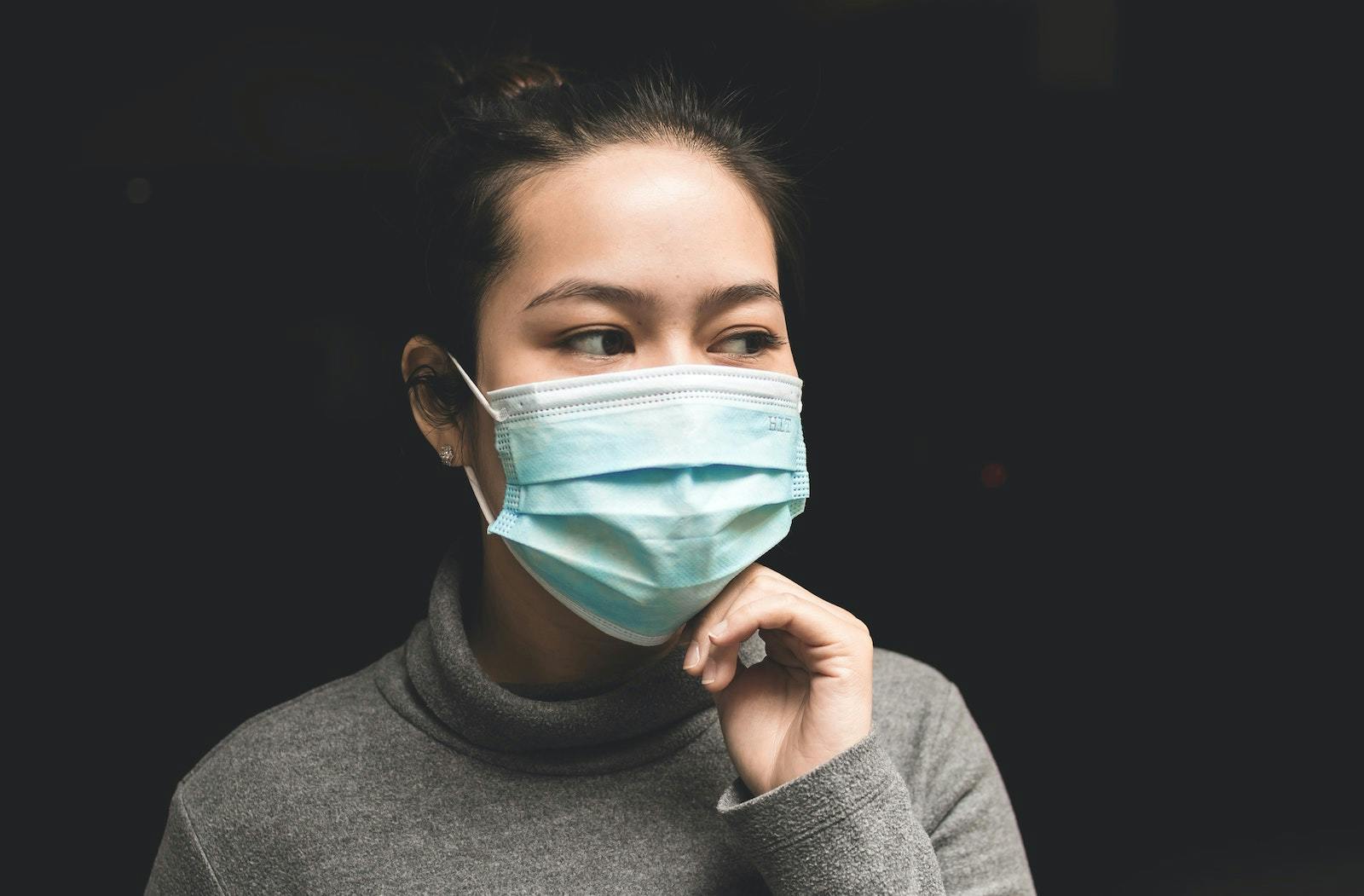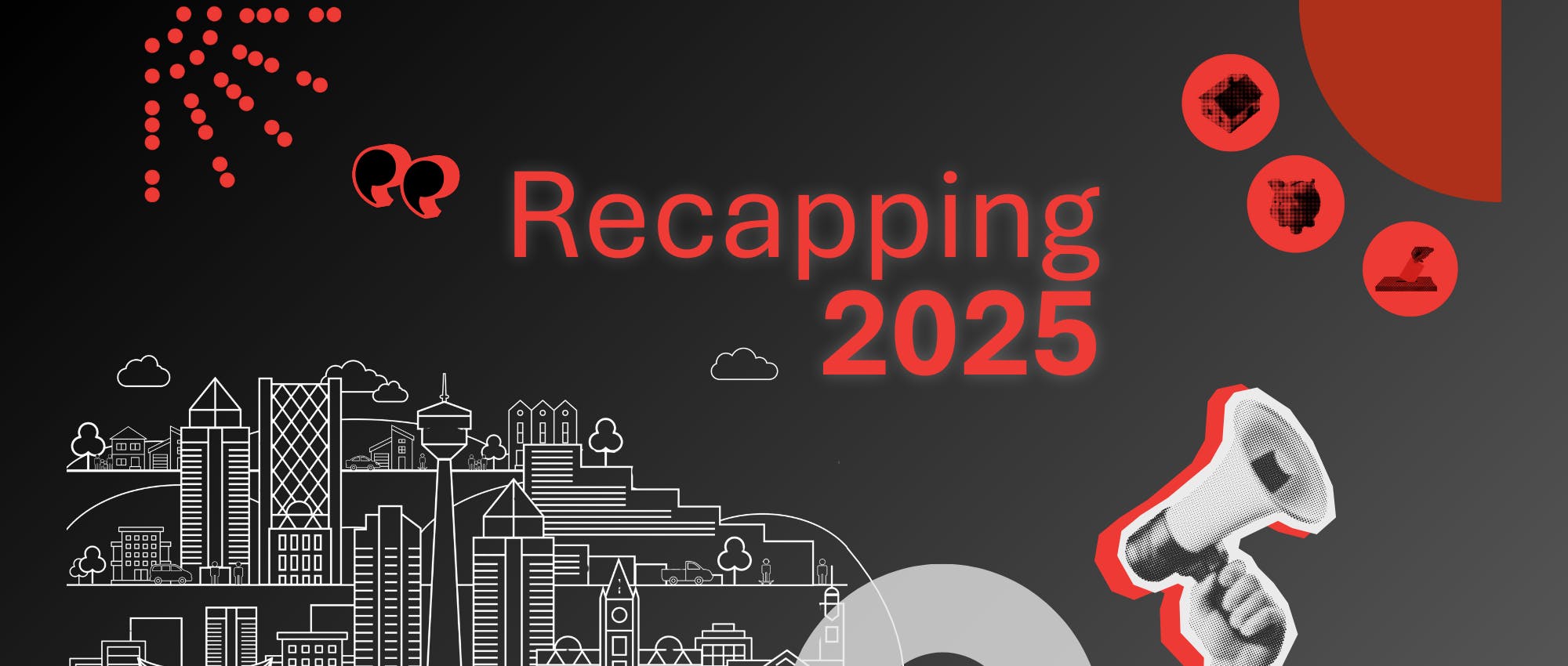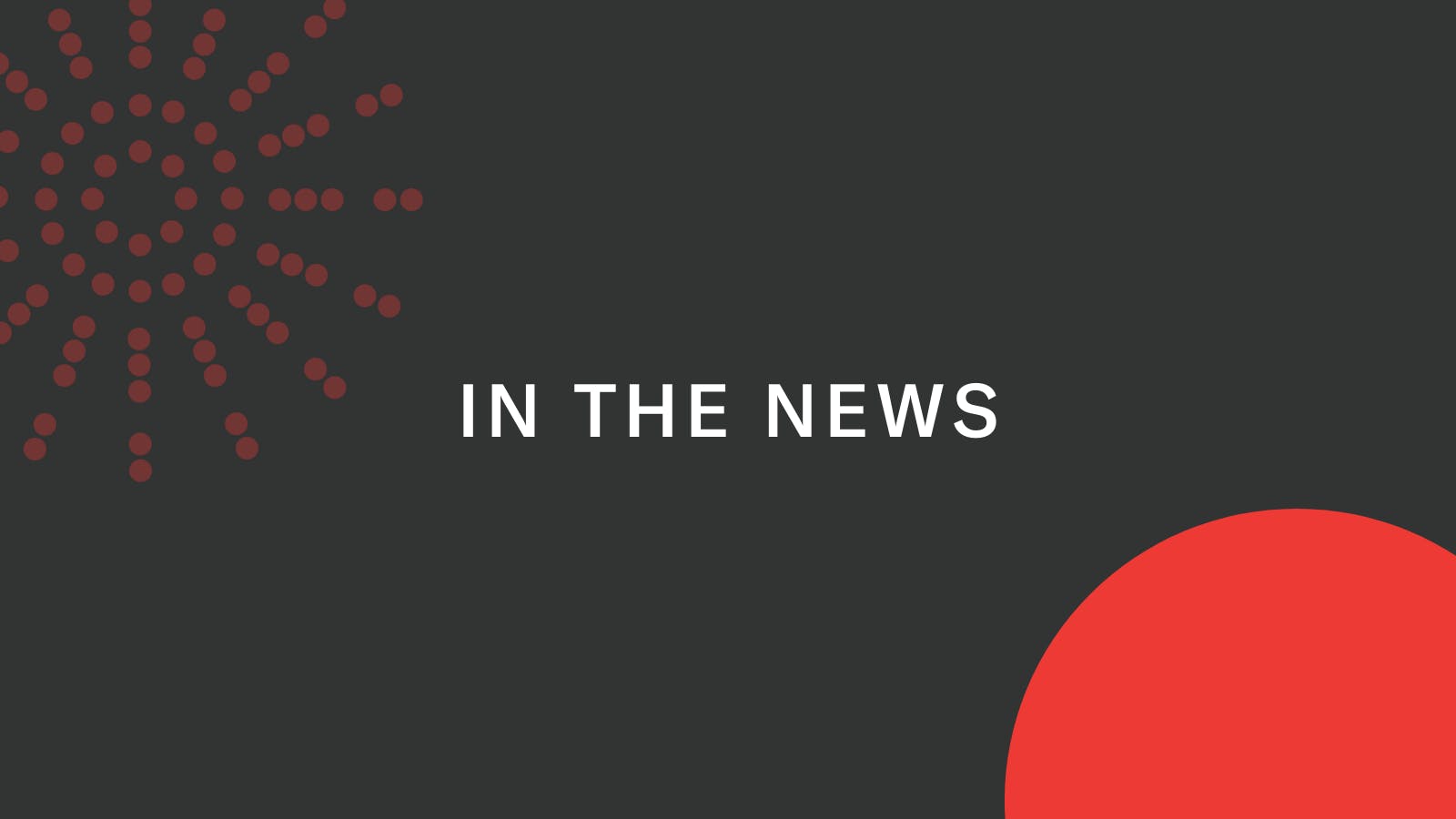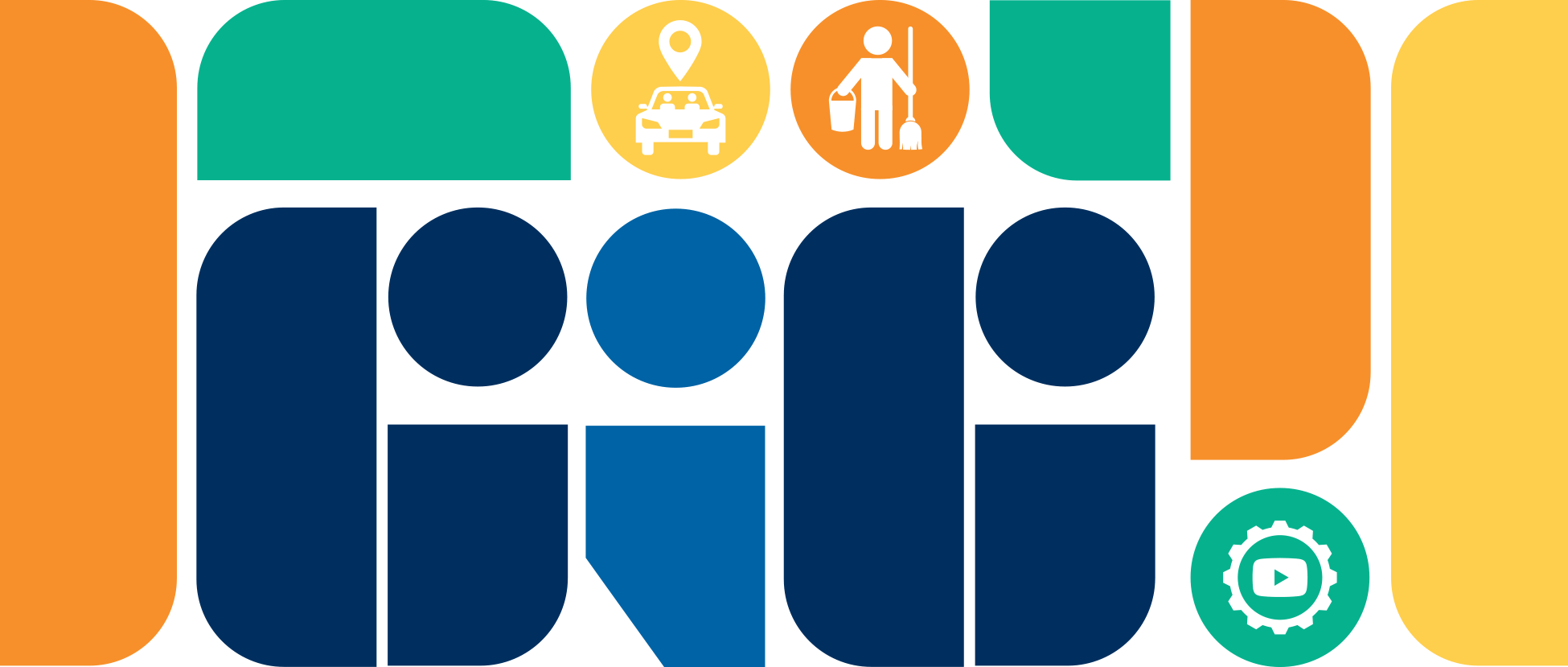Timothy Wild is a social worker and Calgarian who is interested in transformative public policy.
With the COVID-19 pandemic, the global village has been shaken to the core. Those on the social, cultural and economic margins continue to experience structural exclusion and injustice – indeed, for many people, the attendant loneliness, lack of access to basic needs and precarious existence is common fare. Inequality continues apace. But for many of us more mainstream folks, our world has been turned upside down in the last few months. Certainties have proven, well, uncertain, and our very experience of security, safety and sense of place and community has been changed radically. Toilet paper has been stocked, jobs have been lost, family movie nights have become more of a norm, and weekly trips to the grocery stores are conducted amidst a miasma of suspicion, plexiglass and hostile glances. Hand wringing has been augmented by hand sanitizing. Things certainly have changed.
Following from the above, I hear the phrase, “the new normal”, quite a lot these days. This is understandable; after all, we generally like planning and predictability. People are wondering what the post-pandemic world will look like and are thinking about how economic and social relations will be structured. At the individual level, we are also thinking about how people will socialise when released from isolation. Additionally, questions are being asked about how we will pay for the economic costs of the crisis. In response to these questions, some people are suggesting that the new normal should simply be a return to the days of yore before the crisis. The status quo ante bellum so to speak.
However, I hope that we do not uncritically return to the times before COVID-19. Eventually, we will be post-pandemic, and we can apply some of the lessons learned in order to implement a more just, humane and inclusive society. COVID-19, in Canada particularly, reflected the role that government could take in terms of planning and maintaining some level of functionality and participation in difficult times. I think this was a good thing. Therefore, I am more interested in and energized by what that new normal could look like in terms of inclusion, connectivity and transformative change. I believe that there are a lot of wonderful possibilities that can grow out of this period of reconstruction. For me, the lessons I’ve learned are in the areas of economic, environmental and social justice.
For example, I think it is fair to say that it was the public sector – and not the free enterprise system – that kept things ticking along. The crisis illustrated clearly the inability of the so-called private sector to use the “market” to organize society in any sort of effective, let alone meaningful and just way. The cult of efficiency was shown for what it truly was – an ideological ploy to undermine people’s social and economic rights of citizenship. For people whose primary source of income was slashed due to the unprecedented economic downturn, it was the government that responded with income replacement and support programmes. In fact, I think it is also fair to say that the response was a resurrection of Keynesian demand-side economics. I also believe that the Canada Emergency Response Benefit clearly illustrates the fact that some sort of universal basic income works. These income support and replacement programs helped people maintain some demand to meet the supply, particularly in terms of the basics such as food, shelter, debt repayment and access to technology. This proved, a point made earlier by the Cambridge economist Ha-Joon Chang, that one person’s expense is another’s income. Demand has to be stimulated to match supply. I think the post-pandemic world could be economically organized in a neo-Keynesian way, with more attention given to environmental and workforce composition considerations. This was my first lesson.
Secondly, I think that the isolation (voluntary and otherwise) caused me – and many others – to think more of community. I have felt over the last few years that community is becoming more and more countercultural, as we commodify our social and cultural relationships, as noted by the sociologist Leslie Sklair, in terms of the lens of the individual within the cult/ideology of consumerism. It is easier to go to a convenience store for eggs than to ask a neighbour. Union membership has been decreasing, religious participation – particularly in terms of mainstream denominations – has declined, community associations are crying out for members, as are service organizations and other neighbourhood-based groups. However, I believe at least, that we were hungry for community. Certainly, we tend to privilege self-reliance, resilience and individualism over community. That is what we are told to do. But the yearning for togetherness and connectivity is still there, kind of like the hunger that I feel when I fill myself with junk food, but I am still not satisfied. I think isolation afforded many of us the opportunity to feel what the absence of community was like. We couldn’t go to office lunchrooms, AA meetings, shopping malls, night clubs or sporting events. But we could use Zoom and those online meeting places frequented by those younger and more hip than me. My daughter also gave me a beautiful homemade card for Easter – similar to the ones she gave me 18 years ago. That is precious. We are social beings and I think we realized the need for connectivity and recognized that the antidote for loneliness is, obviously, community. In addition to this very visceral human need for connection and inclusion, I believe that the pandemic showed us that our individual well-being and security lay within collective provision and an inclusive society. Community is fundamental to keeping the economy going, and for meeting the needs of individuals through the provision of supports.
Third, during the course of the pandemic, I saw graphic evidence that the injustice, inequity and inequality that existed before the pandemic has been exacerbated during the pandemic. As more and more information and communication became virtual, those who did not have access to either computers or the internet were further marginalized. And market-based responses, such as cheaper internet access, still failed to meet the needs of those already previously on the social, cultural and economic edges. We can also see the same even with the provision of food. I was chatting with a person in Chicago who noted that food was delivered based on the size of the tip. And not everyone can afford to pay for the delivery of food from an expensive supermarket. As mentioned, there was an extension of the state during the crisis – but this did not reach all of the people, and the wax fruits of Corporate Social Responsibility lay out of the reach of many of our neighbours. I believe that the crisis put a pause to the myth that we are all middle class, and existing public policy is effective in ensuring the basic social rights of citizenship. Therefore, the new normal has to have space and support for more people, so that they can experience more fully the joys of living.
Finally, not driving to work and not going out has given me time to think of the environment. There are signs of our planet being healed. I have heard, for example, that the air is getting clearer above China, and people can see fish in the canals of Venice. There is also a bit less background noise in my community. This is a much needed break, but we need it to continue. I think, as with the notions of economics, justice and community, the pandemic has given us the opportunity to see what is possible. And we might just have time to do something about it. Let’s face it, when we talk about survival we are talking about our species’ survival on earth. The planet can continue quite well without us. But I quite like it here, and we can adopt new ways of being that are more environmentally sustainable.
COVID-19 is a global tragedy. But I believe we can and must learn something from it. There are lessons learned that can be keys to a better, more sustainable and just world. I suppose my fear, however, is that we will try to go back to business as usual, with an additional levy of paying for the crisis – which could be code for massive cuts in public spending. Those shrill, selfish voices already braying for tax cuts, austerity and retrenchment will be yelling again. They always do, and they will still have an audience. They will be advocating for cuts to pay for the demand-side government initiatives that stopped our economies from complete collapse. They will be asking for concessions to banks and big business; they did in 2008. Sure, the massive investment will likely cost the economy as much as 20 per cent of the GDP and add over $100 billion to our deficit. A significant cost for sure. Economies or revenue increases will need to be found. But, money aside, most importantly lives were saved, particularly in vulnerable populations, and there was not a complete economic meltdown that would assuredly have been the case had government sat back on its old fashioned and ill-conceived tax-cutting, efficient laurels. We need to get beyond the simplistic anti-tax measures and move into a situation wherein people discuss what type of society they want and how they want to achieve it. Taxes are neither good nor bad, they are simply a means to pay for the type of society we want. I hope this government intervention continues. On-going investment, with suitable income generation measures, would also add to the overall mental and physical wellbeing of more people. And it is the common good that interests me.
Yes, people are talking about the new normal. People can express their hopes and fears. I have felt the fear too. But I also have a lot more hope than I did in mid-March. Folks talk about the new normal – and I hope that new normal will be a recognition of the interrelated and dynamic ballet of community, government and individuals. I think that the COVID-19 crisis helped us recognise that the untrammelled capitalist market as a prevailing ideology does not work – and we need some type of public policy response based in the individual rights of an environmental and collective foundation. COVID-19 clearly demonstrated the fact that government can mobilize significant resources to develop a fulsome and inclusive response. I suggest that thus marshalling of public resources could also be put to a resolution of long-term social problems and economic crises. We have an opportunity for transformation, I hope we take it. Because to simply return to status quo ante bellum would be an unnecessary tragedy.



